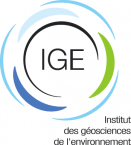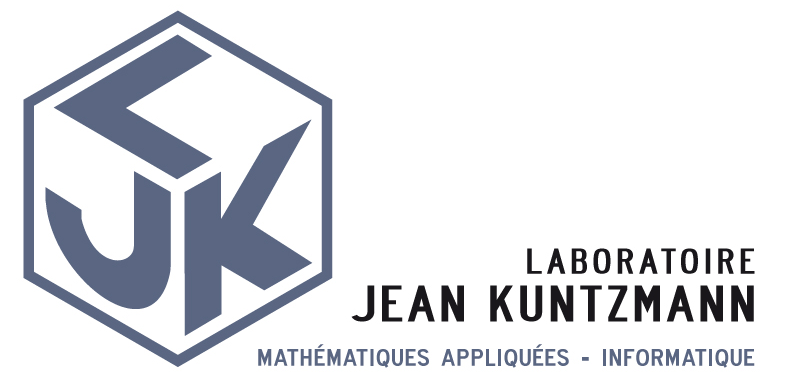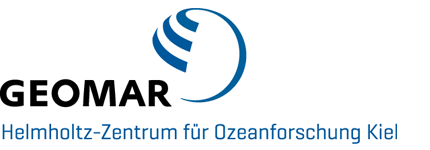|
DRAKKAR 2017 Annual
Workshop IMAG Amphitheater, 700 Avenue Centrale Grenoble-Alpes University Campus 16-17-18
January 2017 |
|
|
Registration: List of participants [Here] Hotels
in Grenoble [Here] Getting to the IMAG Amphitheaterr [Here] Snow
shoe hike Sunday Information in January 2017 Group picture from hike Previous Drakkar workshop presentations [Here] Choose
Menu of Monday evening diner at NoName [here] Scientific Organizing Committee Bernard Barnier (LGGE), Arne Biastoch
(GEOMAR), Claus Böning (GEOMAR), Joël Hirschi
(NOCS), Camille Lique (IFREMER), Adrian
New (NOCS), Anne Marie Treguier (LPO). Contact: Bernard Barnier: bernard.barnier@univ-grenoble-alpes.fr Anne Marie Treguier : anne.marie.treguier@ifremer.fr |
AGENDA (updated 11 January 2017) [Here].
List of Submitted Abstracts [Here] OBJECTIVES OF THE WORKSHOP The overall objective is to review the scientific and
technical progresses achieved with the DRAKKAR hierarchy of model
configurations based on the NEMO platform, identify strengths and
weaknesses of these models, and discuss key model improvements and new
developments that are needed for the future. The workshop is open to contributed talks from
participants, but high priority is given to discussions. Speakers are
encouraged to present their most recent results or ongoing research.
Candid presentations of "things that do not work" in the numerical
simulations are welcomed, because they foster interesting discussions
and contribute to the progress of the modelling community. Foci of the 2017 Workshop Benefits of high resolution to the science made with
ocean/sea-ice models. The objective is to highlight the benefits that the
continuous resolution increase in ocean GCMs is bringing to the
following issues:
OGCM evolution for basin-scale to global eddying
simulations.
Atmospheric driving of eddying OGCMs. Presentations should be related to the following issues:
The eddy-permitting regime (e.g. ORCA025). Presentations and discussions should attempt to bring
answers to the following questions:
Contributions: 1 - Abstract submission (deadline 15 December 2016). Closed 2 - Content of Presentations. The talks at the Drakkar
workshop are not meant to be of the same type as EGU or AGU. For this
reason we recommend that your contributions emphazise
the scientific content of your studies as well as model development
issues, with the aim to contribute to the open discussions on improving
the quality of ocean models and global ocean model configurations.
|
|
|
Local Organizing Committee Bernard Barnier, Josiane
Brasseur, LGGE - Grenoble : bernard.barnier@univ-grenoble-alpes.fr Laurent Debreu, Anne Pierson, LJK - Grenoble : laurent.debreu@imag.fr Sponsors CNRS - IFREMER - GEOMAR - NOCS - LabexOSUG@2020 - MYOCEAN
- GENCI
|





